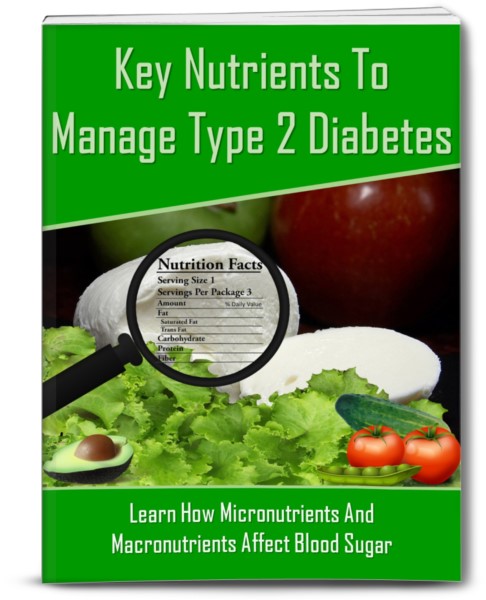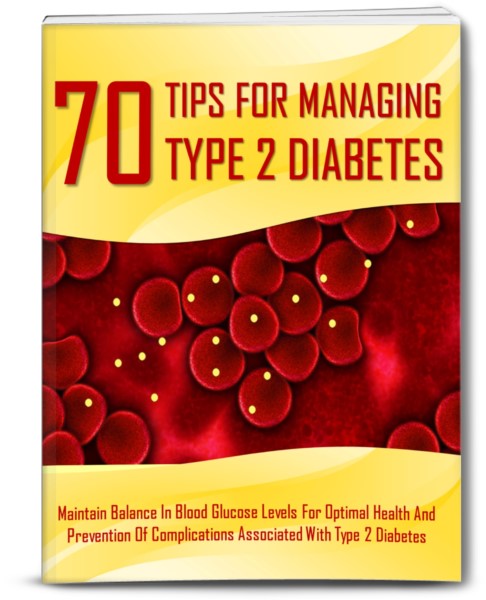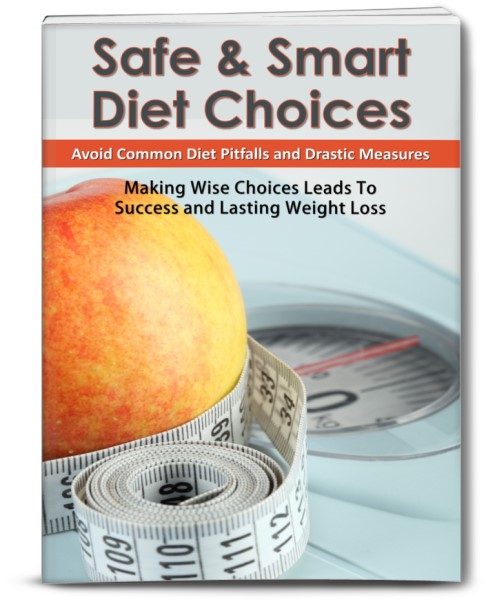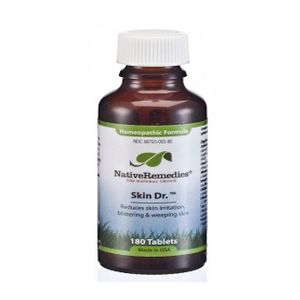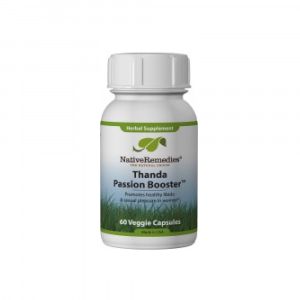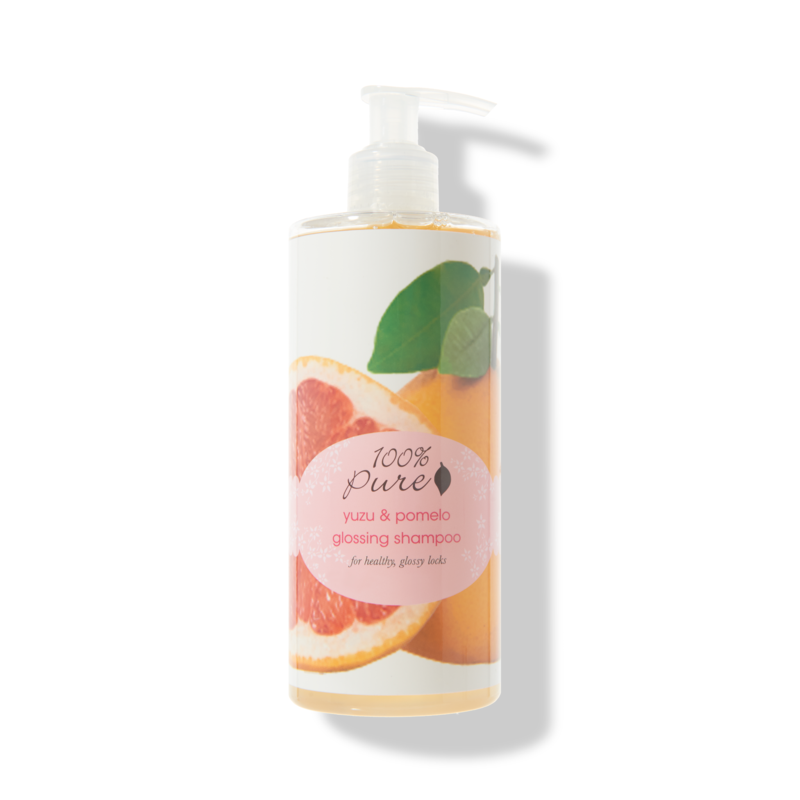Can I Control My Diabetes without Medication?
Many people believe that, as soon as they get the diagnosis of diabetes, there is nothing left to do but take medication for it. Fortunately for many type 2 diabetics, this is not always the case. Caught early enough, people can reverse the effects of diabetes even without medication.
Diabetes is a disease of abnormal sugar metabolism, brought on by things like inactivity, poor diet and heredity. While you can’t change your genetic makeup, you can do a lot to alter your lifestyle so that medications may not even be necessary.
If your blood sugars are consistently very high, in the range of 200-300, you might need to start taking medication while you learn the steps it takes to bring your blood sugar back down naturally. Then you can back down on the medications, and possibly stop them altogether. Just because you have to start medicine for diabetes doesn’t mean you can’t stop it when your sugars normalize.
The Importance of Weight Loss
Weight gain is a key component when it comes to weight loss. A person can be pre-diabetic and can never actually get the disease if they do not gain weight. Similarly, if you are overweight and diabetic, even a 10% to 15% weight loss or about 20 pounds can remarkably lower your blood sugars to the point where no medications need to be taken.
The best and really only way to lose weight is to eat fewer calories each day. If you’re serious about losing weight, buy a calorie-counting book, use a calorie-counting app, or look up calories of what you eat on internet lists. Measure your portions and get an idea of how many calories you are eating per day. Most people only need between 2000 and 2500 calories per day. Lowering your calorie count by cutting out high calorie foods by 500 calories per day can result in a weight loss of about a pound per week. Within 6 months, you’ll definitely lose the weight.
Change your Eating Habits
Foods that are high in sugar will have to make your pancreas work harder in type 2 diabetes. (Remember that type 1 diabetes can’t really be managed with diet alone, it is an insulin dependent form of disease). This means avoiding cookies, cakes, pastries, and sugary cereals. Don’t put table sugar on any of your foods. Keep with a diet of fresh fruits and vegetables, along with some healthy starches like wild rice, peas, corn, and sweet potatoes. Proteins like meat, nuts and beans are also good types of foods for diabetics who want to cut down on simple sugars.
Surprisingly, while whole fruits are good for you (like apples, pears, peaches, oranges and melons), juice from these fruits aren’t really recommended in type 2 diabetes. This is because there is very little pulp in juice and so they contain no fiber. Fiber prevents the sugar from the food from bombarding the bloodstream all at once, causing spiking of the blood sugar. It’s much better to eat a piece of fruit than it is to simply drink the fruit.
Exercise
It really doesn’t take a great deal of exercise to affect your metabolism and help you lose weight. You can do just about any type of aerobic exercise you like in order to get your heart pumping and your respiratory rate up. Aerobic exercise burns calories along with a low calorie diet. Even if you’re not trying to lose weight, exercise will minimize the negative effects of diabetes on heart disease and stroke.
Alternative Therapy
Many natural therapies can help manage the disease. Massage, yoga, meditation, and acupuncture are just some of the ones that can help. They should not replace regular medical care, or diet and exercise but simply complement them to make a well-rounded treatment approach that can help you manage blood sugar and delay the onset of diabetes related complications.
Summary
It is truly possible to manage your diabetes without medications, though you should always follow your doctor’s advice. It may take more frequent checking of your blood sugar, up to 4 times per day, in order to keep your diet under good control but you will be doing good things for your body by eating right and exercising, beyond just managing your blood sugars.








